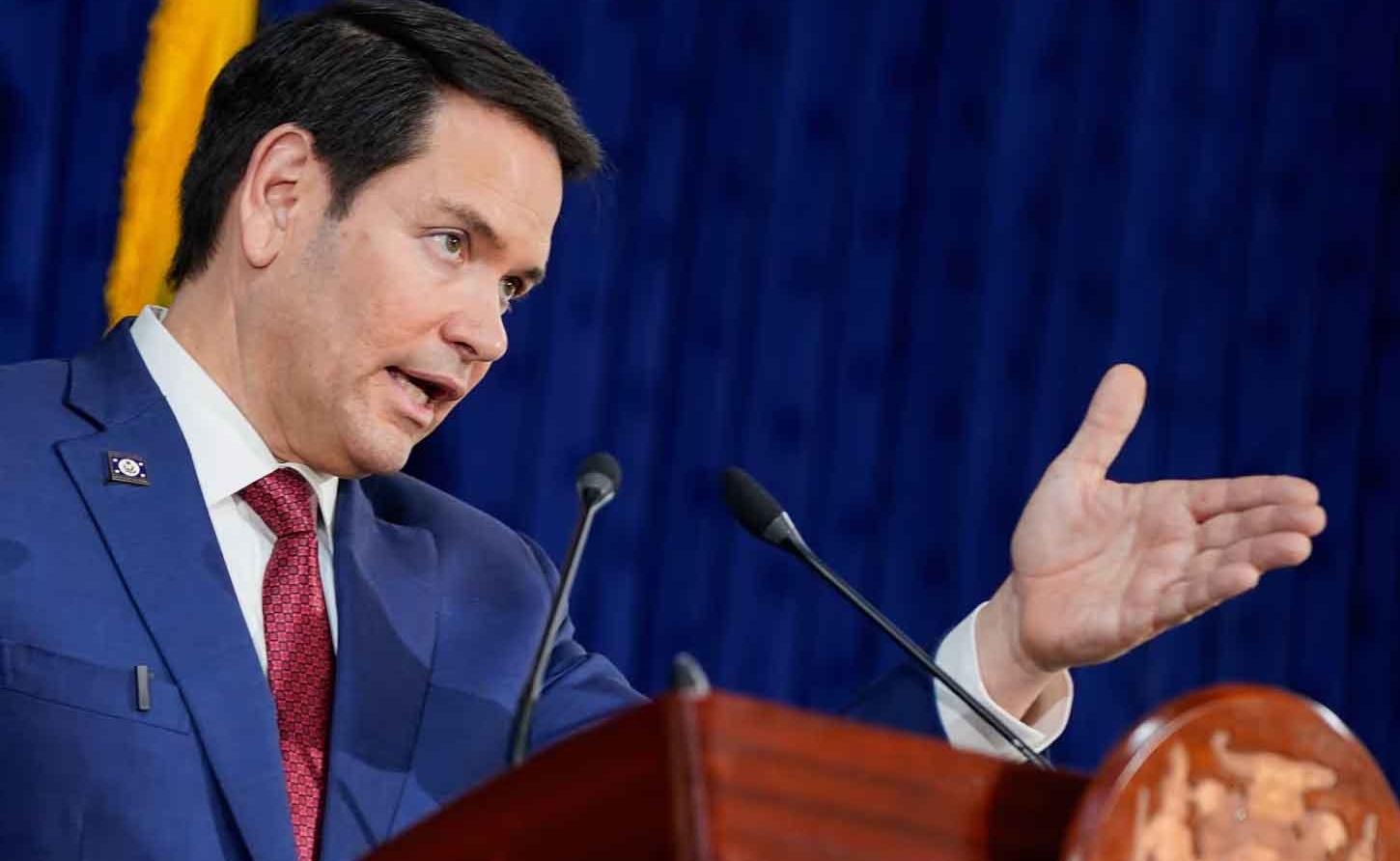GUYANA | US Warns Venezuela: Hands Off Guyana and ExxonMobil

GEORGETOWN, Guyana, March 27, 2025 - In a high-stakes diplomatic showdown, United States Secretary of State Marco Rubio delivered an unambiguous warning to Venezuela on Thursday: attack American oil interests in Guyana or Guyanese territory at your peril. Speaking alongside Guyana's President Irfaan Ali, Rubio's message carried the full weight of American military might behind it.
"It would be a very bad day for the Venezuelan regime if they were to attack Guyana or attack ExxonMobil or anything like it," Rubio declared at the joint press conference, his tone leaving little room for misinterpretation.
Without detailing specific countermeasures, the Secretary of State made clear that any such aggression "would not end well" for Venezuela's government.
Rubio's warning comes at a moment of escalating tensions in the region. On March 1, 2025, Venezuela dispatched a military offshore patrol vessel into Guyana's exclusive economic zone (EEZ), where it made contact with several ExxonMobil-operated floating production, storage and offloading (FPSO) vessels.
Venezuelan authorities informed these vessels that they were operating in disputed waters—a claim Guyana and the international community largely reject.
To underscore American resolve, Rubio highlighted the current presence of a US Navy vessel in Guyanese waters. "We have a big navy," he remarked pointedly, "and we have commitments that exist today with Guyana."
He suggested these military ties would only strengthen moving forward. "We want to build on those, expand on those," he added, before reiterating that any Venezuelan aggression "would be a very bad move, a big mistake for them."
The confrontation centers on Venezuela's long-standing claim to Guyana's resource-rich Essequibo region, despite the territory being awarded to Guyana by the 1899 Arbitral Award—a ruling Venezuela initially accepted before later rejecting.
The dispute gained renewed significance after ExxonMobil discovered substantial oil reserves in Guyana's offshore territories in 2015, transforming the small South American nation into an emerging petro-state.
In 2018, Guyana's previous administration under President David Granger and Prime Minister Moses Nagamootoo brought the border dispute before the International Court of Justice (ICJ) for definitive resolution, though proceedings remain ongoing.
Despite America's forceful rhetoric, some foreign policy experts caution against Guyana placing excessive reliance on U.S. intervention.
They note that while ExxonMobil's substantial investments have elevated Guyana's strategic importance to Washington, any direct military response would require Congressional approval—far from a certainty in the current political climate.
President Donald Trump, known for his skepticism toward foreign military entanglements, has yet to make a definitive statement on the matter, leaving questions about whether American verbal support would translate into action should Venezuela escalate beyond maritime posturing.
"Despite the U.S.'s verbal assurances, Guyana cannot afford to depend on external powers for its defense," warned one regional security analyst. "The government of President Irfaan Ali has yet to demonstrate the robust action needed to protect the nation's territorial integrity."
For now, the diplomatic chess match continues, with billions of dollars in oil wealth—and the sovereignty of Guyana's Essequibo territory—hanging in the balance. Venezuela's next move will determine whether Rubio's warning represents effective deterrence or merely the opening salvo in a more dangerous confrontation.
-30-
